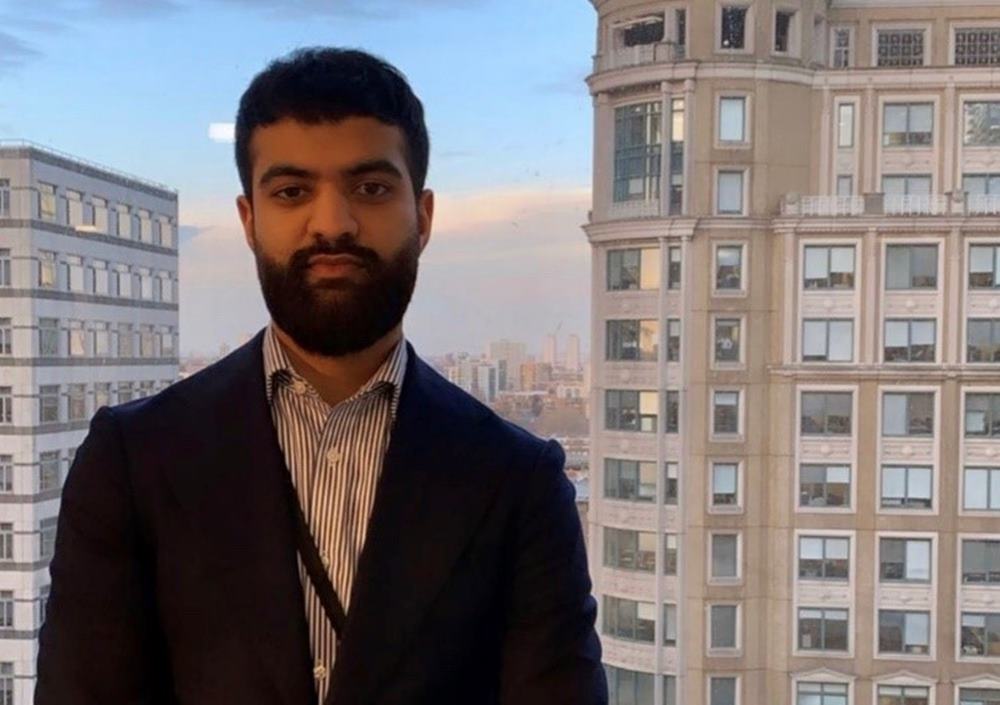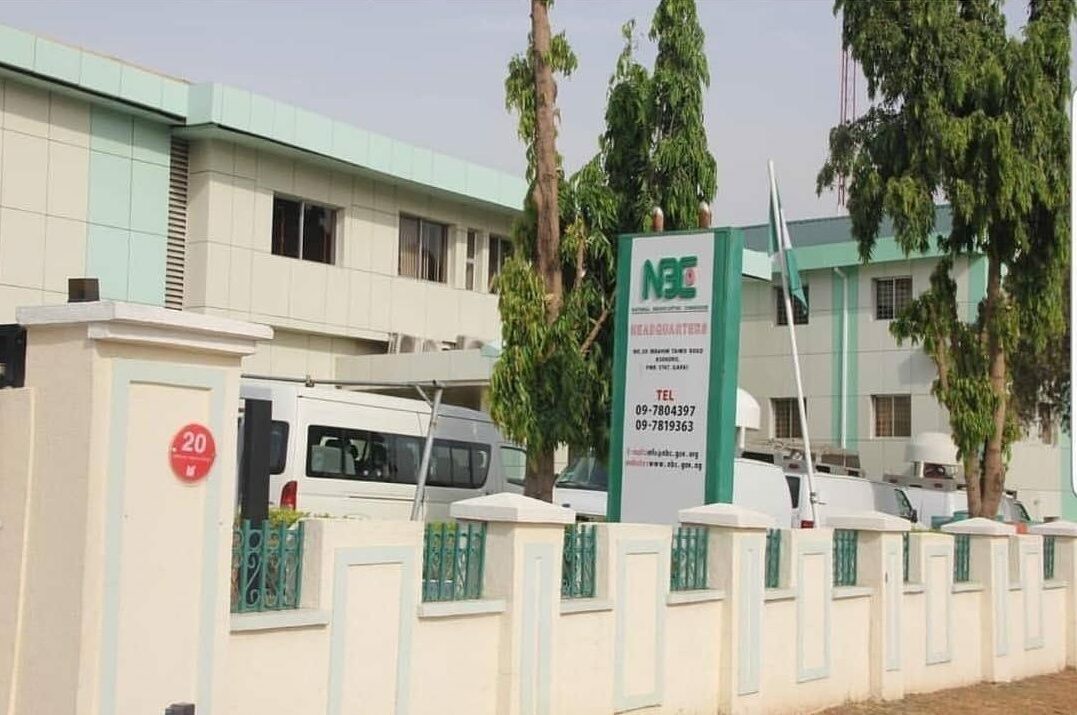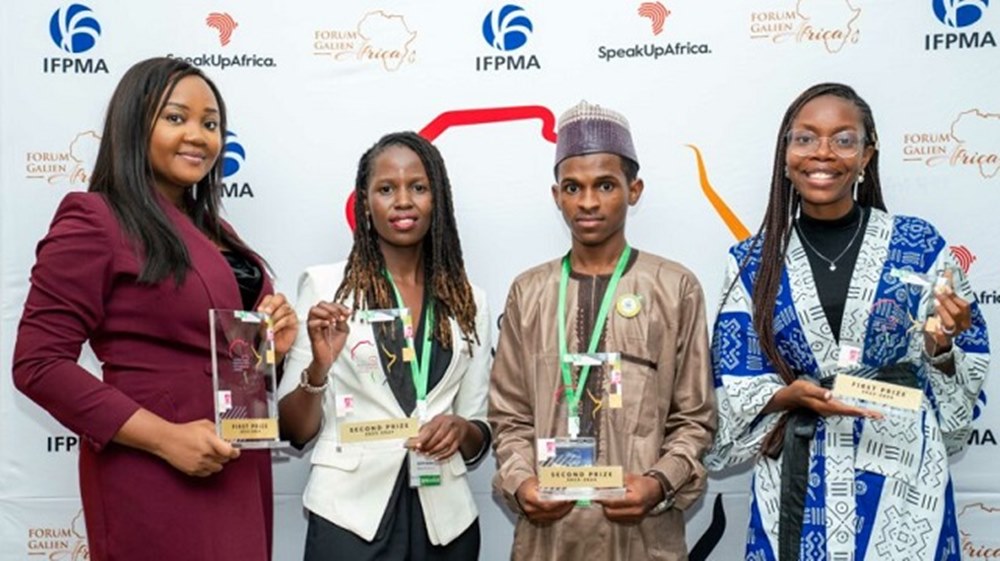NHS Blood and Transplant is urging young Black African, Black Caribbean, and Asian men to register as lifesaving stem cell donors.
Blood stem cell transplants are used to treat blood cancers and we simply don’t have enough young black or Asian men on the registry.
Only 37% of transplant recipients from minority ethnic backgrounds receive the best stem cell donor match from an unrelated donor, compared to nearly 72% for Caucasian people.
There is a particular need for more young men because clinical data shows us that transplants from young, male donors are more successful. They provide the highest doses of healthy stem cells.
75% of people who go on to successfully donate stem cells are males aged under 30 but only 12% of people on the UK’s combined stem cell registry are from this background.
Stem cell transplants help treat conditions where the bone marrow is damaged and is no longer able to produce healthy blood cells. This can help treat conditions affecting blood cells, such as leukaemia, aplastic anaemia and multiple myeloma.
The best chance of finding a match is from a sibling or a close family member. Around 30% of people find a match in their family. If there are no matches in the family, a search on the British Bone Marrow Registry (BBMR) will be carried out.
Khaled El-Ghariani, Consultant in Haematology and Transfusion Medicine at NHS Blood and Transplant said: “Every offer to donate is valuable. But if you are a young black or Asian man, you are one of the most urgently needed people that we need to register as a potential blood stem cell donor. Your generosity and good health could save a stranger’s life.”
Dr M Suhail Asghar, Consultant in Blood Donations, Stem Cell Donations and Transplant, Therapeutic Apheresis Services at NHS Blood and Transplant, said: “When a transplant centre has a choice of potential donors, they select young male donors first. This is because men produce higher stem cell yields, since they are on average bigger bodied. The more cells donated the more successful the transplant is likely to be.
“In addition, as stem cells age, they have a higher risk of abnormalities or poor function. Younger people are less likely to have medical conditions that would stop them being able to donate.
“And genetically, patients in need of a stem cell transplant are far more likely to match with Stem Cell donors of a similar ethnicity. People from ethnic majority backgrounds often have rarer tissue types which makes it harder to find matching donors.”
Abrar Ali, 27, from Wandsworth in London, donated his blood stem cells in August 2019. He said: “I donated blood for the first time through an initiative organised by my local mosque with The Imam Hussain Blood Donation Campaign which is the UK’s most successful Muslim blood donation partnership.
“The blood donation staff spoke to me about potentially donating a sample for the British Bone marrow Registry and I decided ‘why not’- it was another potential way of helping others.






